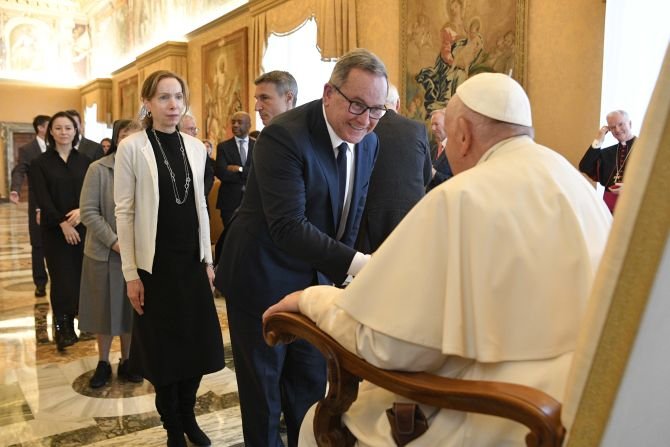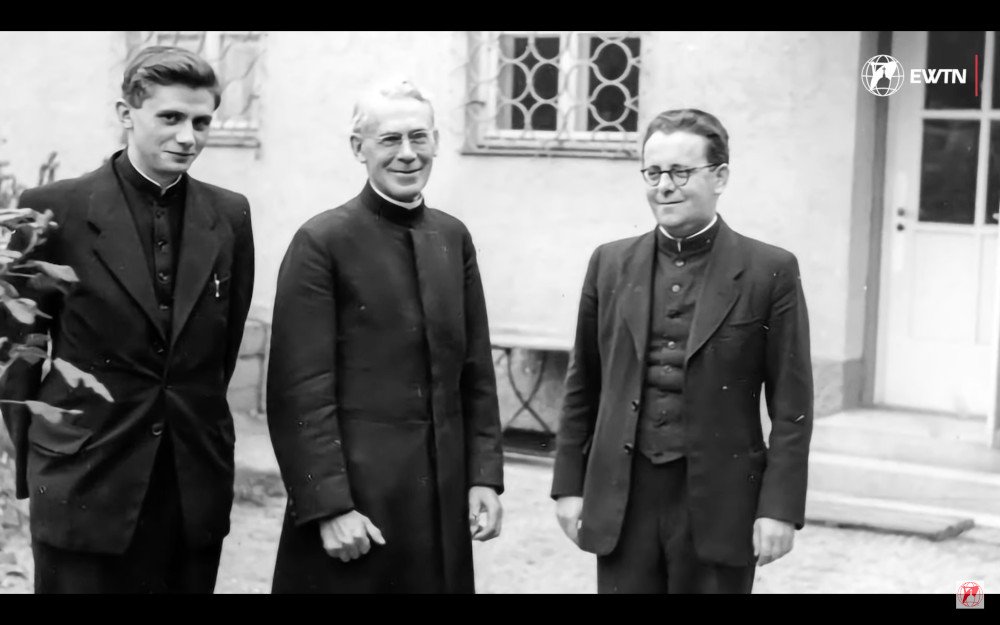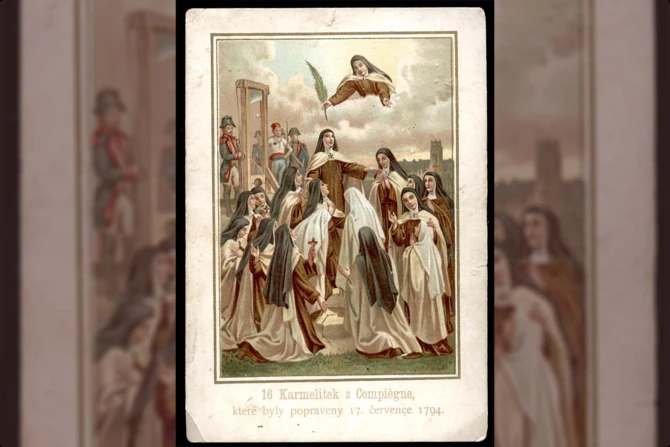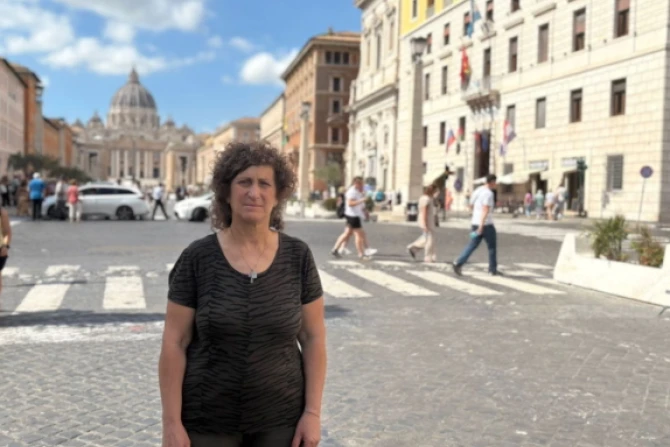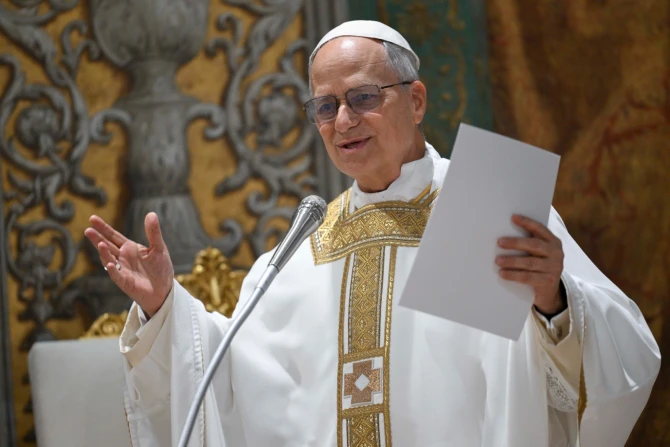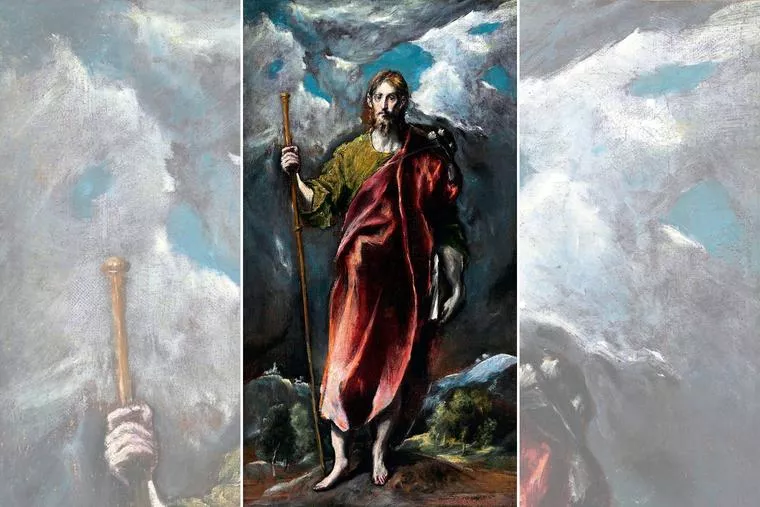Pope Francis said emerging technologies such as artificial intelligence and machine learning could be beneficial to society as long as they respect human dignity.
“The fundamental value that we must recognize and promote is that of the dignity of the human person,” the pope said during a March 27 audience at the Vatican with participants in the Minerva Dialogues.
Organized by the Dicastery for Culture and Education, the Minerva Dialogues is a meeting of scientists, engineers, business leaders, lawyers, philosophers, Catholic theologians, ethicists, and members of the Roman Curia to discuss digital technologies.

“I encourage you, in your deliberations, to make the intrinsic dignity of every man and every woman the key criterion in evaluating emerging technologies,” Francis told participants. “These will prove ethically sound to the extent that they help respect that dignity and increase its expression at every level of human life.”
Pope Francis was recently the subject of a fake photo created through artificial intelligence. An image of the pope wearing a white puffer coat went viral on the social media sites Reddit and Twitter over the weekend, with many people appearing to mistake the false photo for an authentic snapshot.
Both Francis and the Vatican have intervened on the subject of AI and modern technologies through speeches and conferences over the past several years. In his monthly prayer intention for November 2020, Pope Francis invited Catholics to pray that robotics and artificial intelligence would remain always at the service of human beings.
Technology has been immensely beneficial to humans, especially in the fields of medicine, engineering, and communications, Pope Francis observed on Monday.
Science and technology, he said, have practical benefits and are evidence of man’s ability “to participate responsibly in God’s creative action.”
“From this perspective,” the pope said, “I am convinced that the development of artificial intelligence and machine learning has the potential to contribute in a positive way to the future of humanity; we cannot dismiss it.”
“At the same time, I am certain that this potential will be realized only if there is a constant and consistent commitment on the part of those developing these technologies to act ethically and responsibly.”

Pope Francis said he welcomes the regulation of artificial intelligence so that it might contribute to a better world. He also said he is reassured to know many people working on new technologies put ethics, the common good, and the human person at the center.
He emphasized that he is concerned, instead, about evidence that digital technologies are increasing world inequality.
“The concept of human dignity — and this is central — requires us to recognize and respect the fact that a person’s fundamental value cannot be measured by data alone,” he said. “In social and economic decision-making, we should be cautious about delegating judgments to algorithms that process data, often collected surreptitiously, on an individual’s makeup and prior behavior.”
“Such data can be contaminated by societal prejudices and preconceptions,” the pope said. “A person’s past behavior should not be used to deny him or her the opportunity to change, grow, and contribute to society. We cannot allow algorithms to limit or condition respect for human dignity or to exclude compassion, mercy, forgiveness, and above all, the hope that people are able to change.”

